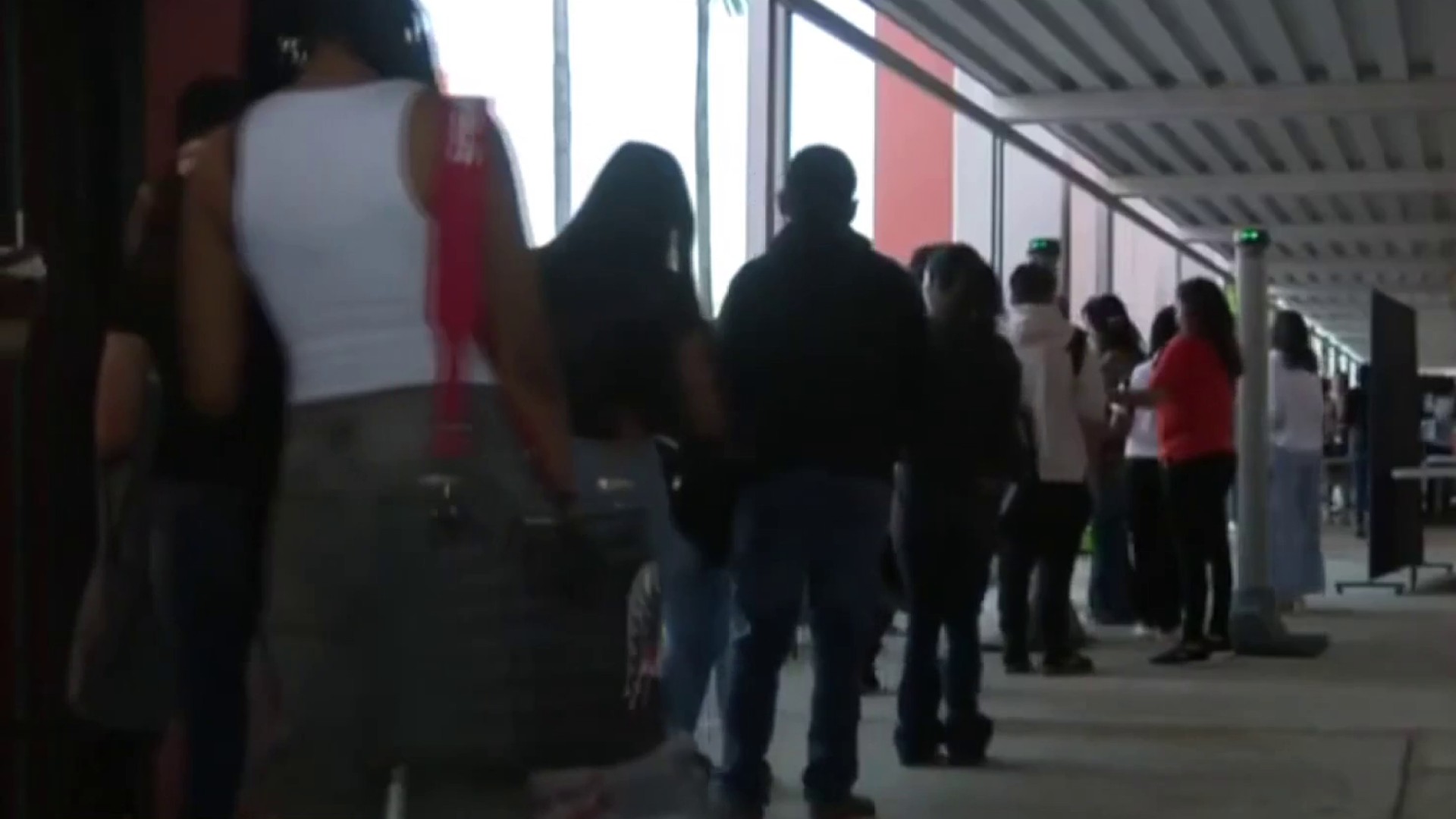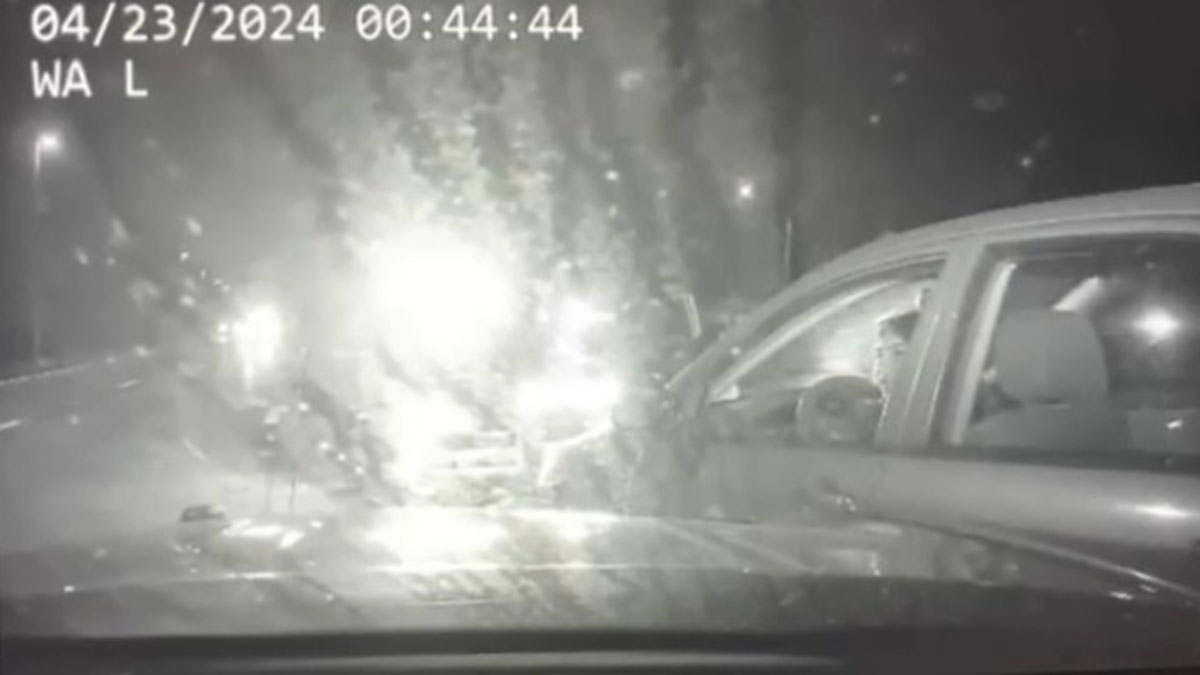At Miami’s Tropical Park, preparations were underway Monday to serve those in need nearly one month after Hurricane Irma.
Starting Wednesday, individuals not receiving regular food stamps could be eligible for D-SNAP, the Disaster Supplemental Nutrition Assistance Program. Recipients are required to have worked or lived in the 48 approved counties before September 5th.
"That's actually when mandatory evacuation was initiated. They also have to have experienced some loss, either of food or of employment," said Bronwyn Stanford, with the Department of Children and Families.
The relief effort is part of the Food For Florida program, operated by DCF. Stanford says it’s best to preregister online to speed up the process. Those signing-up on site should bring one form of identification.
"It would be best if you had social security numbers for any individuals that you're going to be claiming, that either stayed with you during the hurricane or you supported or lived with you," Stanford said.
The relief is not immediate. Once you’re approved on site you receive a card, then it takes 72 hours for the money to become available. There are four pop-up centers operating from seven in the morning until six in the evening on a daily basis until October 15th, at Tropical Park, Amelia Earhart Park, Miami-Dade College's north campus and the South Dade Government Center.
Over in Broward, FEMA is opening a disaster recovery center at the Atrium West building on Oakland Park Boulevard in Sunrise. The Sunrise operation is up and running seven days a week until further notice. This gives Irma victims face-to-face interaction to better understand what assistance you’re eligible to receive.
Local
"A lot of people have registered for assistance and many have already received money from FEMA," said John Mills, with FEMA. "They may have questions about what the money is for, they may need to request additional assistance based on families' hurricane-related needs."
This could include coverage for expedited rental assistance, critical needs, and basic home repairs not covered by your insurance. Mills said they have workers who speak English, Spanish and Creole.



